Beyond the Boiler: 3 Key Strategies for Mechanical Room Safety
Mechanical rooms. They are often out of sight, out of mind for many, with little foot traffic and an assumption that the machinery within the room will operate unsupervised.

Mechanical rooms. They are often out of sight, out of mind for many, with little foot traffic and an assumption that the machinery within the room will operate unsupervised.

Over the years, man’s best friend has transformed from a protector of livestock and household pets to a contributing member of society. As a service dog, canines of any size and breed take on critical responsibilities to ensure their owner is safe, such as identifying when their owner will have a seizure, or by getting the medicine they need to treat an illness.
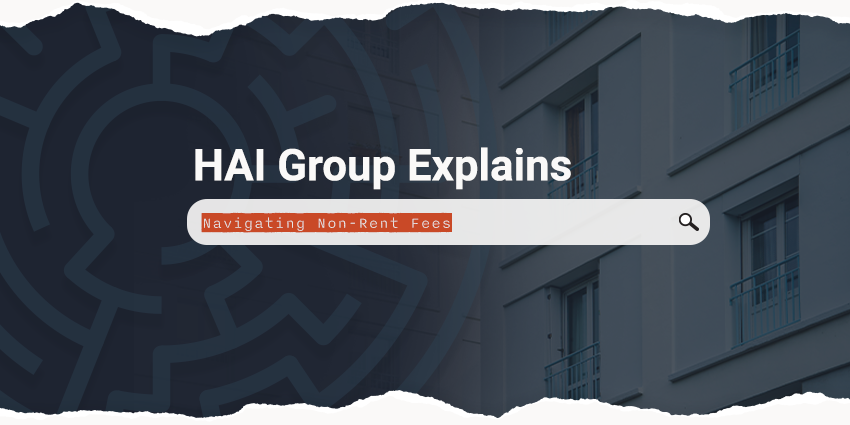
Property owners and managers face the challenge of interpreting and adhering to the regulations and guidelines established by the Department of Housing and Urban Development (HUD). Among these complexities lies the realm of non-rent fees in HUD-assisted properties.
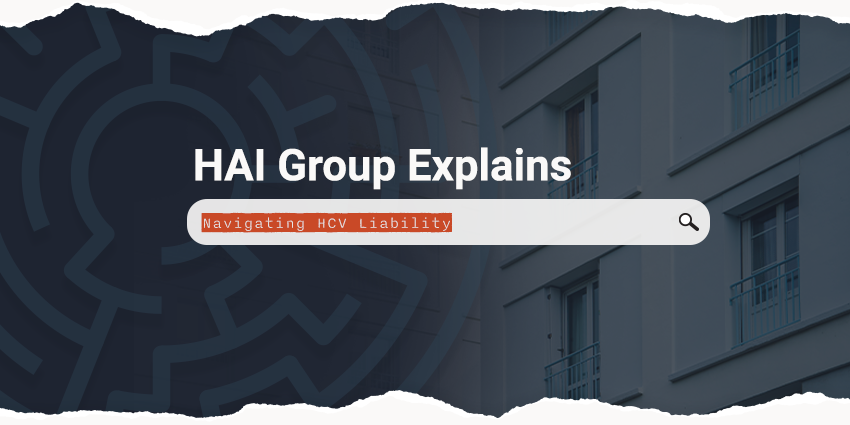
The Housing Choice Voucher (HCV) program remains a cornerstone in providing affordable housing options for low-income individuals and families in the United States, offering substantial benefits to tenants and landlords. Administered by public housing agencies (PHAs), these vouchers subsidize rental costs for eligible recipients, facilitating access to decent, safe, and sanitary housing within the private rental market.
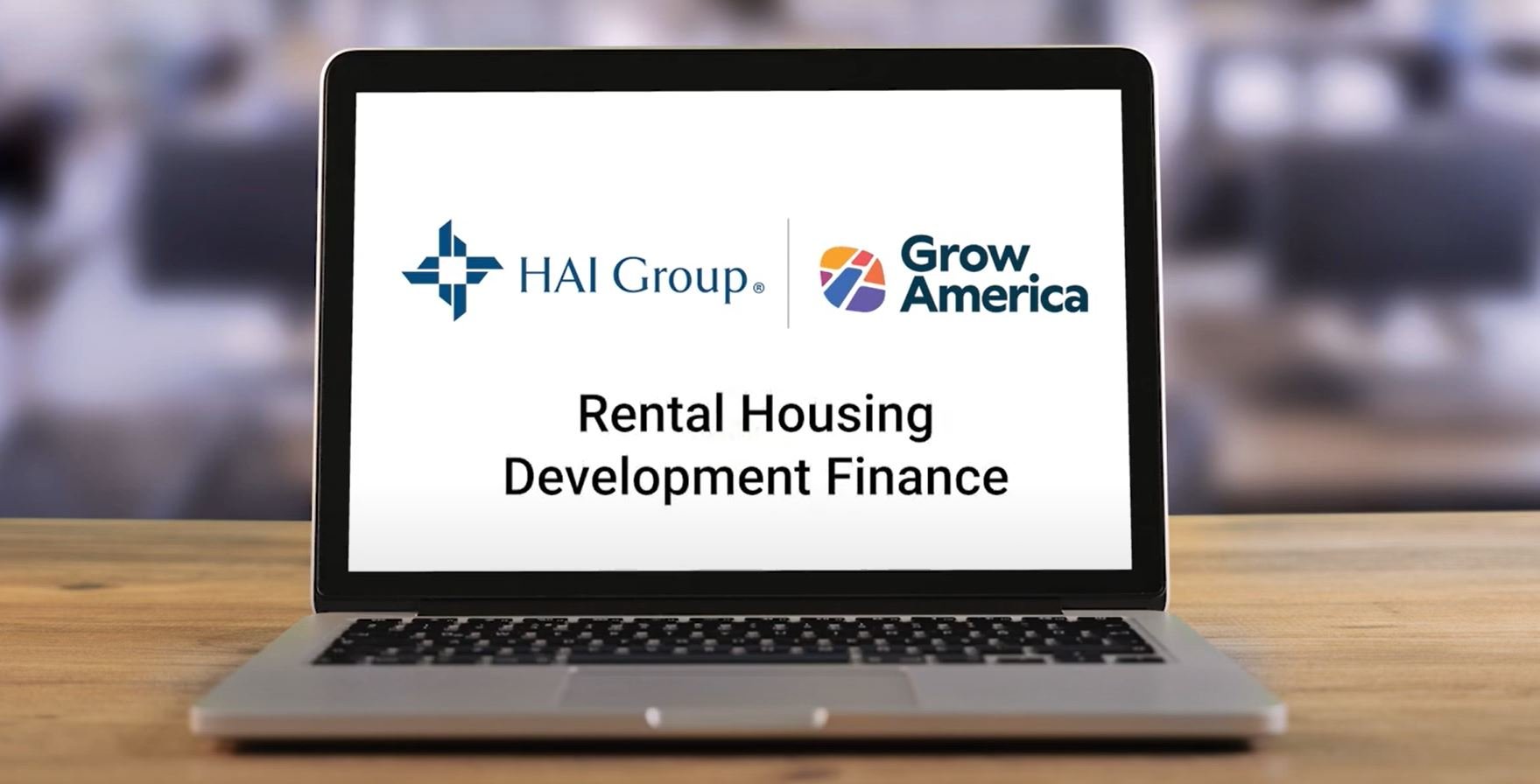
For professionals in public and affordable housing, this is a time of both tremendous need and immense opportunity. Affordable rental housing is scarce, disrupting the availability of homes for workers and families across most demographics—ranging from recent graduates embarking on their careers to working families, low-income individuals, and those reliant on fixed incomes such as senior citizens, veterans, and individuals with disabilities.
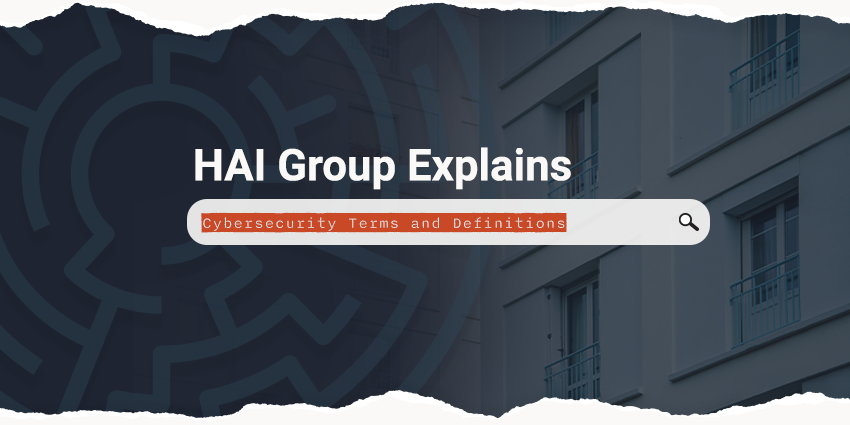
Since cybersecurity can feel overwhelming for those outside the information technology sphere, we've developed a list of 15 (mostly non-technical) cybersecurity terms that public and affordable housing leaders and employees should know in 2024.
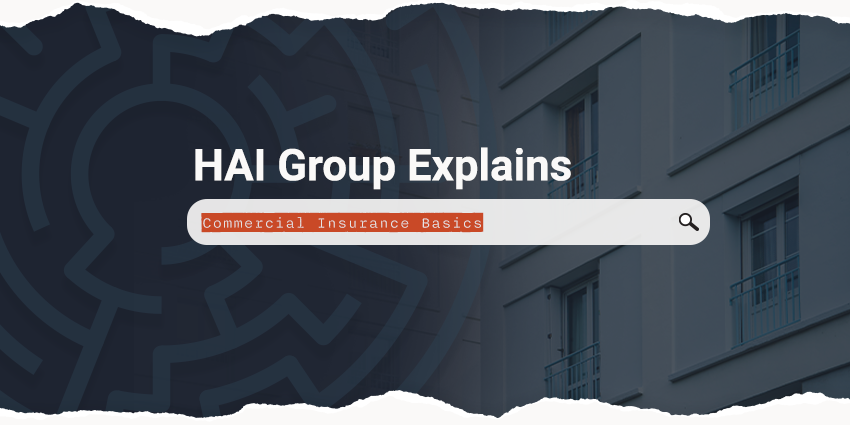
Navigating the complex commercial insurance landscape can sometimes feel like deciphering hieroglyphics in a funhouse maze—confusing, daunting, and occasionally filled with unexpected twists and turns. However, for public and affordable housing providers, mastering the basics of insurance is akin to wielding a powerful shield against the whims of fate, ensuring the protection of vital assets and the continuity of essential services.
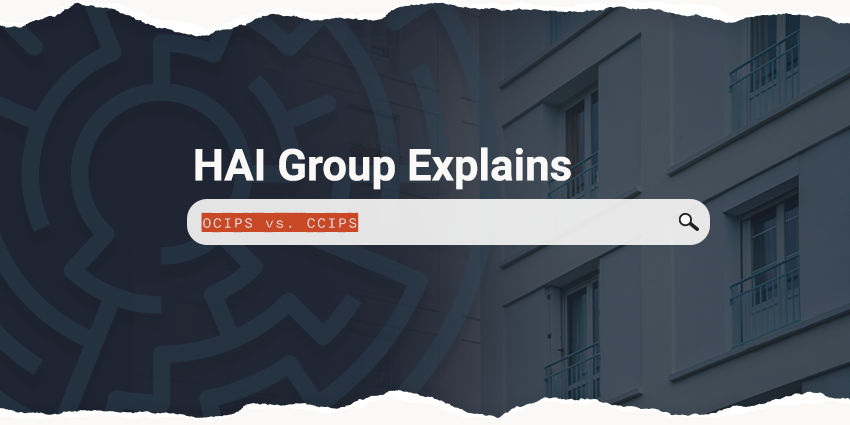
Housing organizations embarking on significant construction endeavors may encounter unfamiliar insurance products designed to mitigate construction-related risks. One such product is wrap-up insurance, a specialized form of construction liability coverage offered in two primary variations—owner-controlled insurance programs (OCIPs) and contractor-controlled insurance programs (CCIPs).
In this article, we offer an insightful overview of wrap-up insurance and delineate the crucial distinctions between OCIPs and CCIPs.
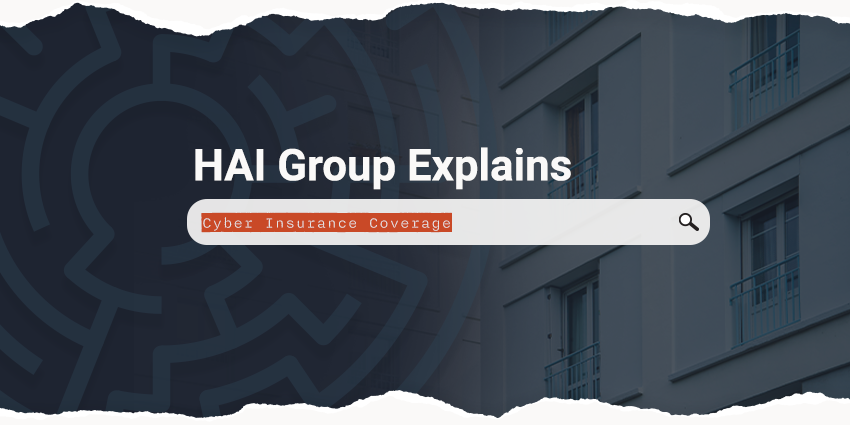
In an increasingly digitized world, where data breaches and cyber threats have become pervasive, the need for robust cybersecurity measures extends to all sectors. Public housing agencies (PHAs), entrusted with sensitive information and critical operations, are no exception. Yet, despite the growing threat landscape, many PHAs may overlook the importance of cybersecurity coverage.
Unlike traditional property and general liability insurance policies, which lack the specificity to address cyber risks and often explicitly exclude coverage for such incidents, cybersecurity coverage offers tailored protection against the evolving threats public housing agencies face. This article explores the imperative for public housing agencies to prioritize cybersecurity coverage as a fundamental component of their risk management strategy, safeguarding their operations and residents and their hard-earned reputation in the community.
This article delves into why cybersecurity coverage is essential for public housing agencies to safeguard their operations, residents, and reputation.

Effective communication is the foundation for establishing strong relationships between housing organizations and their residents. By implementing robust communication strategies, both parties can collaborate to foster an environment built on understanding, inclusivity, and transparency.